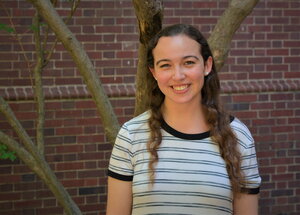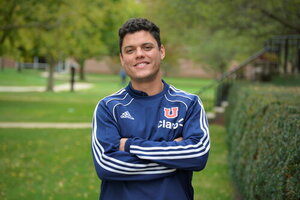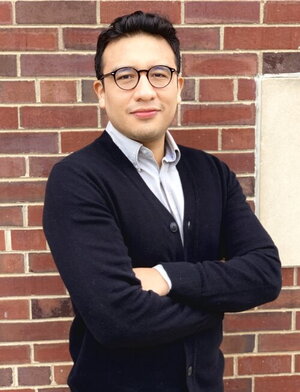
Dr. Morris Kleiner and Sally Kleiner created the “Morris and Sally Kleiner Labor Economics Prize” to reward Ph.D. students for their outstanding scholarship in labor economics at the University of Illinois at Urbana-Champaign. This award was first given in 2018.
Professor Morris Kleiner earned his PH.D. from the Department of Economics at the University of Illinois at Urbana-Champaign in 1974. On August 29, 2016, he gave a seminar to economics students at the University of Illinois on his paper, “Analyzing the Influence of Occupational Licensing Duration on Labor Market Outcomes”. He has also written or helped write nine books, the most recent in 2022 is Grease or Grit: International Case Studies of Occupational Licensing and Its Effects on Efficiency and Quality with Maria Koumenta.
While working at the Brookings Institution and the U.S. Department of Labor in 1976 and 1977, Dr. Kleiner started researching occupational licensing. His work has been funded by the National Science Foundation, the U.S. Department of Labor, and the W.E. Upjohn Institute for Employment Research and many foundations. He has advised the U.S. Federal Trade Commission, the Department of Justice, state legislatures, and occupation associations on occupation regulation policy. Internationally, he has provided testimony on occupational regulation to United Kingdom cabinet officers and their parliamentary committees, to cabinet officials responsible for regulation in Australia, to officials of the European Union, the
Organization for Economic Cooperation and Development (OECD), the World Bank, and the World Health Organization.
Kleiner has been a visiting scholar at Harvard University and a visiting researcher in the Industrial Relations Section at Princeton University. He has worked as a professor at the University of Kansas, an associate in employment policy at the Brookings Institution, a visiting scholar at the W.E. Upjohn Institute for Employment Research, a visiting professor and research fellow at the London School of Economics, a visiting fellow at the Knee Center for the Study of Occupational Regulation at West Virginia University, and a visiting fellow at the Hoover Institution at Stanford University.
Currently, he is on the faculty of the University of Minnesota where he is a professor and the AFL-CIO Chair in Labor Policy at the Humphrey School of Public Affairs. He also teaches classes at the university's Center for Human Resources and Labor Studies. Further, he holds a position as a research associate with the National Bureau of Economic Research in Cambridge, Massachusetts. He is also a visiting scholar for the Economic Research Department at the Federal Reserve Bank of Minneapolis, and at the Upjohn Institute for Employment Research. Overall, Dr. Kleiner is a widely renowned and respected scholar.







